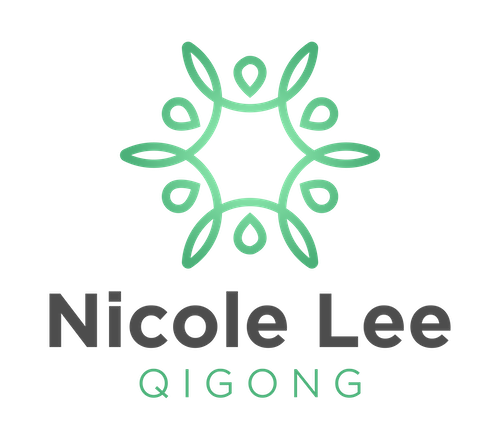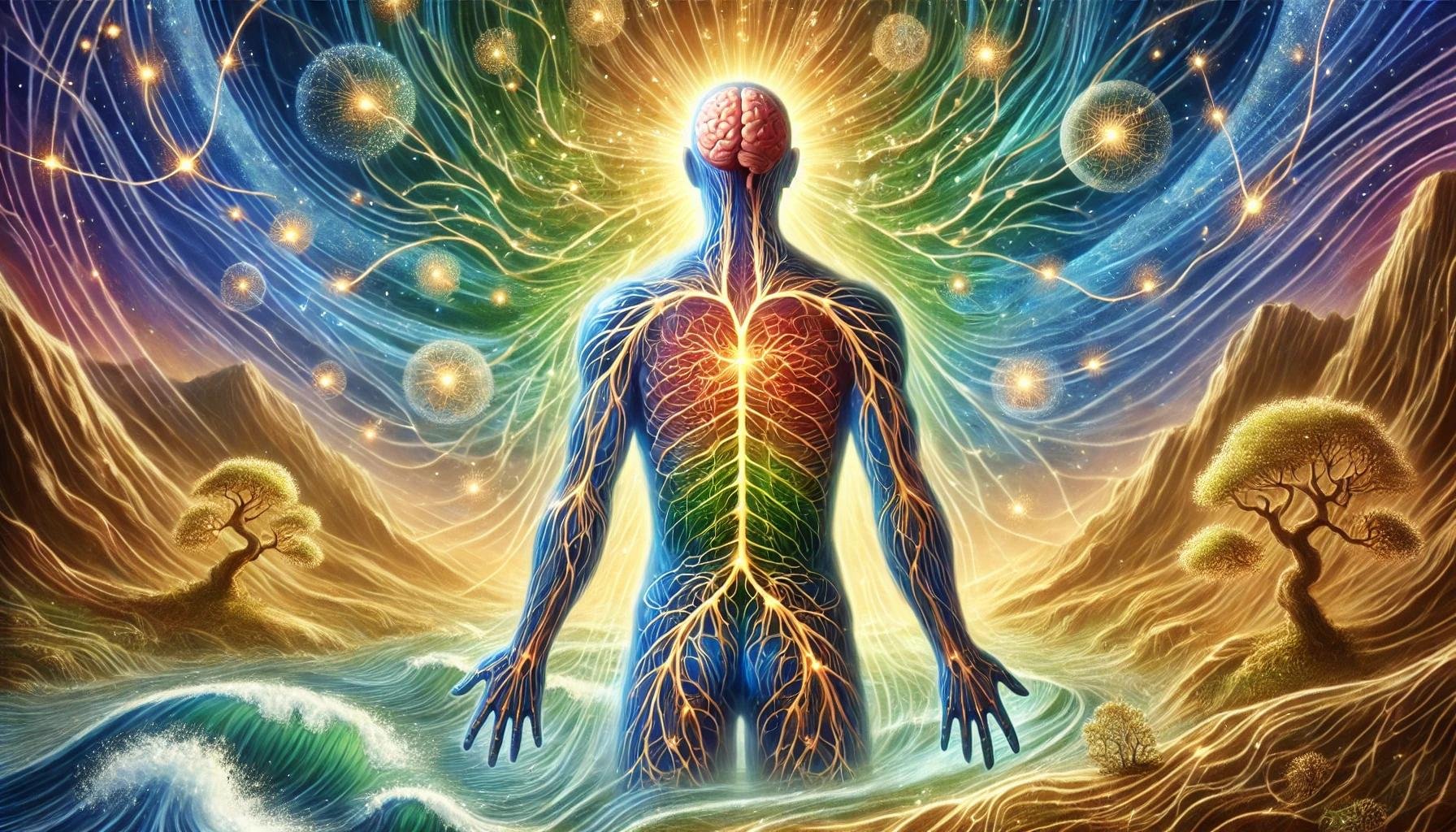Understanding the Nervous System: Daoist and Energetic Perspectives
The nervous system is an intricate web of energy that shapes how we respond to the world around us. Modern science tends to view it as a network of nerves and electrical signals, but in Oriental Medicine and Daoist tradition, the nervous system is understood in a far deeper, more expansive way.
It’s not just about physical structures; it’s about the energy flowing through us and the balance we cultivate within our body, mind, and spirit. These traditions emphasise that the health of the nervous system is really about harmonising with the natural rhythms of life.
The Nervous System in Oriental Medicine
In the Western medical model, the nervous system is often treated as a mechanical system, a collection of nerves, neurotransmitters, and synapses that can be manipulated or fixed by targeting specific areas. In contrast, Oriental Medicine offers a more holistic approach, seeing the nervous system not as isolated parts but as an interconnected energetic system that mirrors the balance of the entire body, mind, and spirit. It’s a dynamic relationship between our internal energy and the external environment, where every imbalance in the body’s energetic flow can influence the nervous system.
The Kidneys and Liver are essential players in supporting the nervous system. The Kidneys are the storehouse of our Jing (Essence), the deep reserves of energy that sustain us. The Liver, with its role of regulating the smooth flow of Qi, directly impacts how we manage stress and emotional turbulence. When the Liver’s Qi is stagnant, it can lead to tension, irritability, and mental strain—disruptions that affect the nervous system. So much of the health of our nervous system depends on the balance of our energy and on our ability to release what no longer serves us.
Holistic vs. Reductionist Approaches to Nervous System Health
From a Daoist perspective, the nervous system is inextricably linked to our relationship with the natural world. Daoism teaches us to align with the flow of the universe, embracing the ebb and flow of Yin and Yang, and cultivating balance in all aspects of life. The nervous system, as part of this greater cosmic dance, is influenced by the balance of energies that govern everything, including the dynamic interplay of light and dark, activity and rest, and inward and outward energy.
In Daoism, balance is everything. The nervous system mirrors the balance between Yin and Yang. When these energies are in harmony, the nervous system functions smoothly. An excess of Yang—too much activity, too much stress—can overheat the system, leading to anxiety, insomnia, and mental fatigue. But an excess of Yin—lack of activity, depletion—can leave the nervous system sluggish, leading to lethargy, depression, and disengagement.
The practice is in cultivating both energies, just as we cultivate the flow of Qi in the body.
Anxiety as an Energetic Imbalance in Oriental Medicine
In the example of anxiety — Oriental Medicine views anxiety not as a single condition but as an imbalance in the body’s energy system, particularly the flow of Qi and the health of the organs. Anxiety could manifest as Liver Qi stagnation, Heart Qi deficiency, Spleen Qi deficiency, Kidney Qi deficiency, Blood deficiency, or even an accumulation of Phlegm and Dampness. In this holistic framework, anxiety is not a purely mental or emotional issue — it’s a complex condition that involves the interplay of physical and energetic imbalances across multiple organs and systems. It’s an expression of how the body’s energy is out of sync, which then disturbs the mind and emotions.
In Daoist thought, the Shen (spirit) resides in the Heart, which is where mental clarity and emotional peace are rooted. When our Shen is clear and undisturbed, the nervous system remains calm, and we experience a grounded presence. Practices like Qigong and Shen Gong are designed to nurture the nervous system by harmonising the flow of energy and bringing the body, mind, and spirit back into alignment. Through simple yet powerful practices—whether through gentle movement or stillness—we learn to regulate the flow of Qi, quiet the mind, and release the tension that blocks the natural flow of energy.
In Oriental Medicine, the nervous system is viewed as an integral part of a larger, interconnected system of Qi. Disruptions in the organs, such as stagnant Liver Qi, weak Heart Qi, or depleted Kidney Qi, directly impact the nervous system, manifesting as anxiety, insomnia, or chronic stress. The nervous system isn’t treated in isolation—it’s part of a larger system that requires balance, alignment, and harmony to function optimally.
Restoring Nervous System Balance with Ancient Practices
Regulating the nervous system isn’t just about managing stress or emotions—it’s a reflection of our inner world, our energy, and how we relate to the flow of life. The wisdom of Daoist practices like Yang Sheng Fa reminds us to slow down, listen deeply, and restore balance within. A core Qigong and Shen Gong practice accessible to everyone is natural, full-torso breathing. This simple yet powerful technique not only helps regulate the flow of Qi and release tension but also calms the nervous system and promotes relaxation, providing a tangible way to bring the body, mind, and spirit into balance.
To experience the profound benefits of these practices, I invite you to join my free Shen Gong mini-course, where I guide you through a natural breathing practice designed to harmonise your nervous system and restore balance.
For a deeper, transformative journey, explore my in-person immersions—these experiences are designed guide you to deep embodiement of the teachings and holistic connection with your body, mind, and spirit.




